Graduate Students
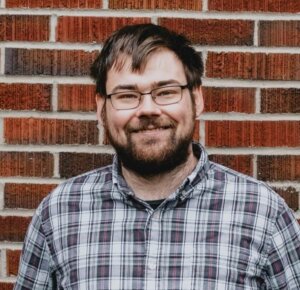
David Bacher
PhD Student
Advisor: Prof. David Barnhart
David Bacher is pursuing a doctoral degree in Astronautical Engineering at the University of Southern California. His research interests include Guidance, Navigation, and Controls (GNC), Rendezvous and Proximity Operations (RPO), and In-space Servicing, Assembly, and Manufacturing (ISAM). The goal of his research is to enable the assembly of large structures in space, such as solar arrays, telescope mirrors, and radiator panels.
David received a Bachelor’s degree in Mechanical Engineering from George Fox University in Newberg, Oregon in 2020, and a Master’s degree in Astronautical Engineering from USC in 2022. In 2023, he received a Pathways Internship at NASA’s Langley Research Center in Hampton, Virginia, where he works in the Autonomous Integrated Systems Research Branch (AISRB).
David is originally from Eatonville, Washington, near the base of Mount Rainier. He enjoys outdoor activities including hiking, biking, and swimming. He also likes movies and TV, especially science fiction. He has an interest in history and visiting museums, particularly air and space museums.
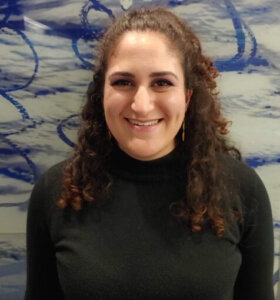
Elana Helou
PhD Student
Advisor: Prof. Joseph Wang
Elana Helou is a PhD student in the Astronautical Engineering (ASTE) Department at University of Southern California. She is advised by Dr. Joseph Wang, and her research focuses on dust-spacesuit interactions on the lunar surface. She is also currently the Women in Science and Engineering (WiSE) PhD Liaison for ASTE.
She completed her MS in ASTE at USC in December 2021 and graduated with a BS in Engineering Science from Smith College in May 2020. At USC, she previously worked on contamination transport experiments, and during her undergraduate experience, she was involved in a CubeSat experimental payload team, research in translational medicine and biomedical engineering, and a capstone project to create a conceptual design for an autonomous long range, heavy payload cargo drone.
She is committed to improving access to mentorship opportunities to women in engineering and has served as a Society of Women Engineers (SWE) graduate mentor, as well as a mentor for USC’s Women in Engineering and Smith College’s SWE.
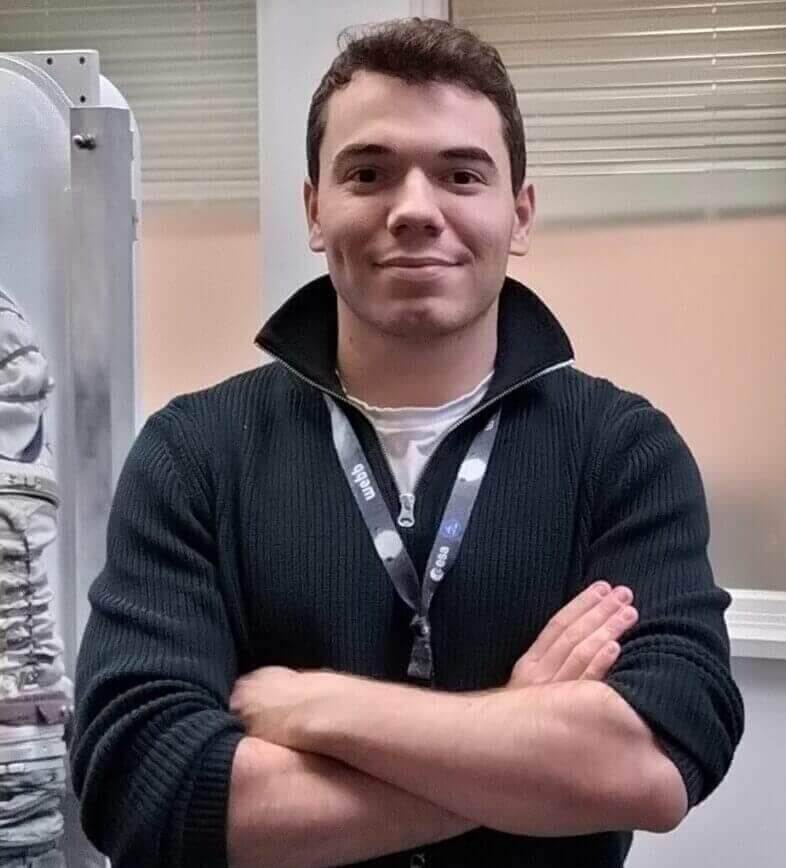
Howard Hall
PhD Student
Advisor: Prof. David Barnhart
Howard Hall is a British PhD student working at SERC on the development of Segmented Space Telescope missions. Howard joins us from the European Space Agency where he was a Young Graduate Trainee for the last two years. Howard read physics at St. Hugh’s College, University of Oxford, and graduated with a masters in 2021.
At ESA’s ESTEC facility in The Netherlands, Howard served as a mission performance engineer in the Ariel project team, focusing on the overall development of the exoplanet spectroscopy space telescope currently in phase B2. His work there included mission level systems engineering, research into pointing error drift detrending, payload simulator development, as well as in depth detector performance analysis and selection.
Howard’s previous master’s research focused on the design and development of a low cost time to digital converter (TDC) that employs delay-line technology on off-the-shelf FPGAs to be used in a particle detector, and provided the first steps in his transition from physics into engineering.
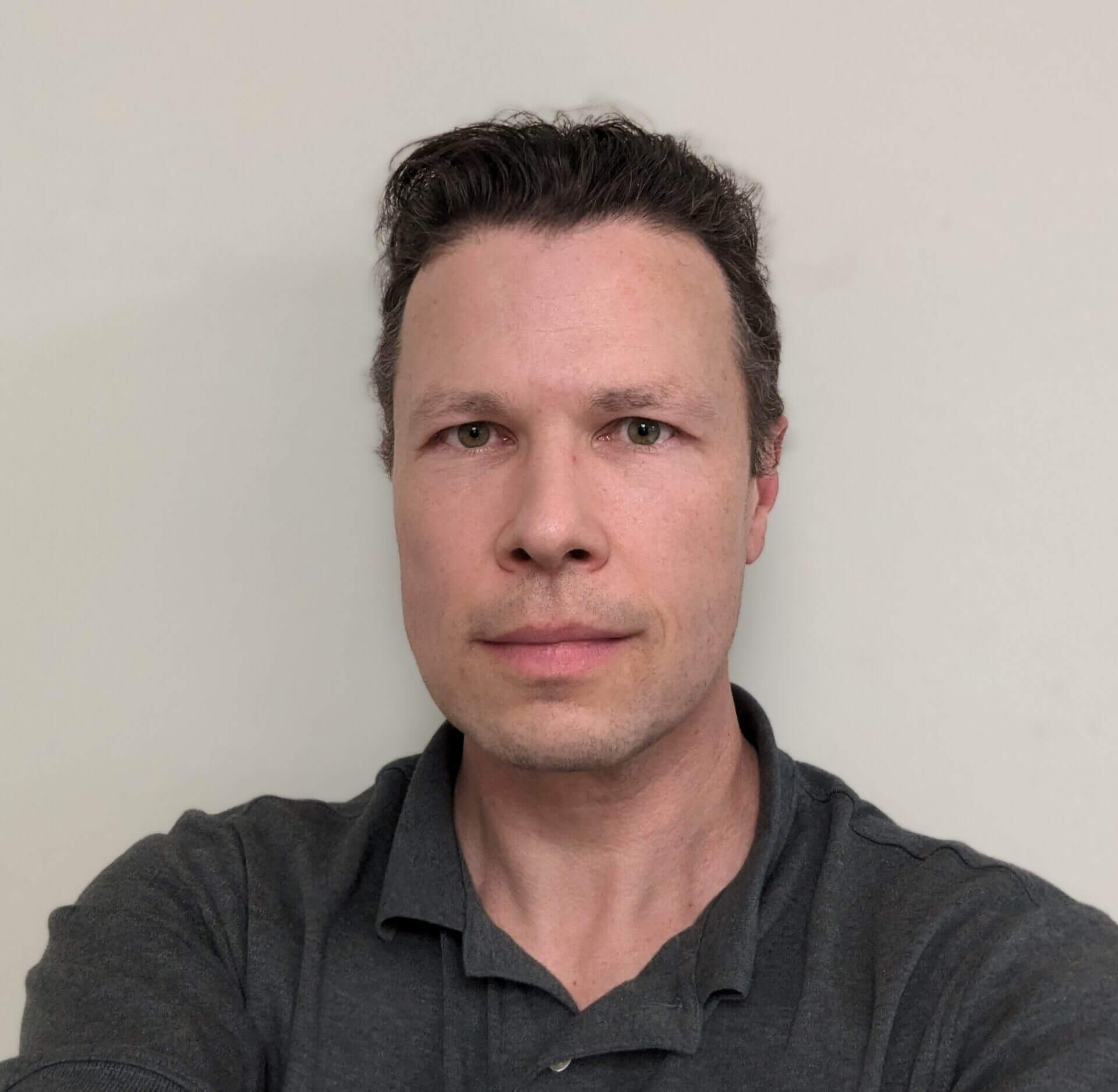
James Robertson
PhD Student
Advisor: Prof. Joseph Wang
James Robertson was born in Glasgow, Scotland and grew up in Lafayette, California with his parents and two sisters. He earned his B.S. in computer science and engineering and Master's degree in electrical engineering and computer science from the Massachusetts Institute of Technology.
As an engineer in the aerospace industry he has worked on a wide variety of technologies for prototype aerospace vehicles. He has worked with fly-by-wire control systems, electromechanical actuators, data acquisition systems, power electronics, and rocket engines. He has designed high-performance, internally redundant brushless electric motors for electromechanical actuators for tilt rotor aircraft. He has also designed propulsion motors for an eVTOL aircraft. At Vector Launch, he was the technical lead for the second-stage autogenous pressurization system. At Flight Works, he writes embedded software and designs electronics for spacecraft, including radiation tolerant brushless motor controllers.
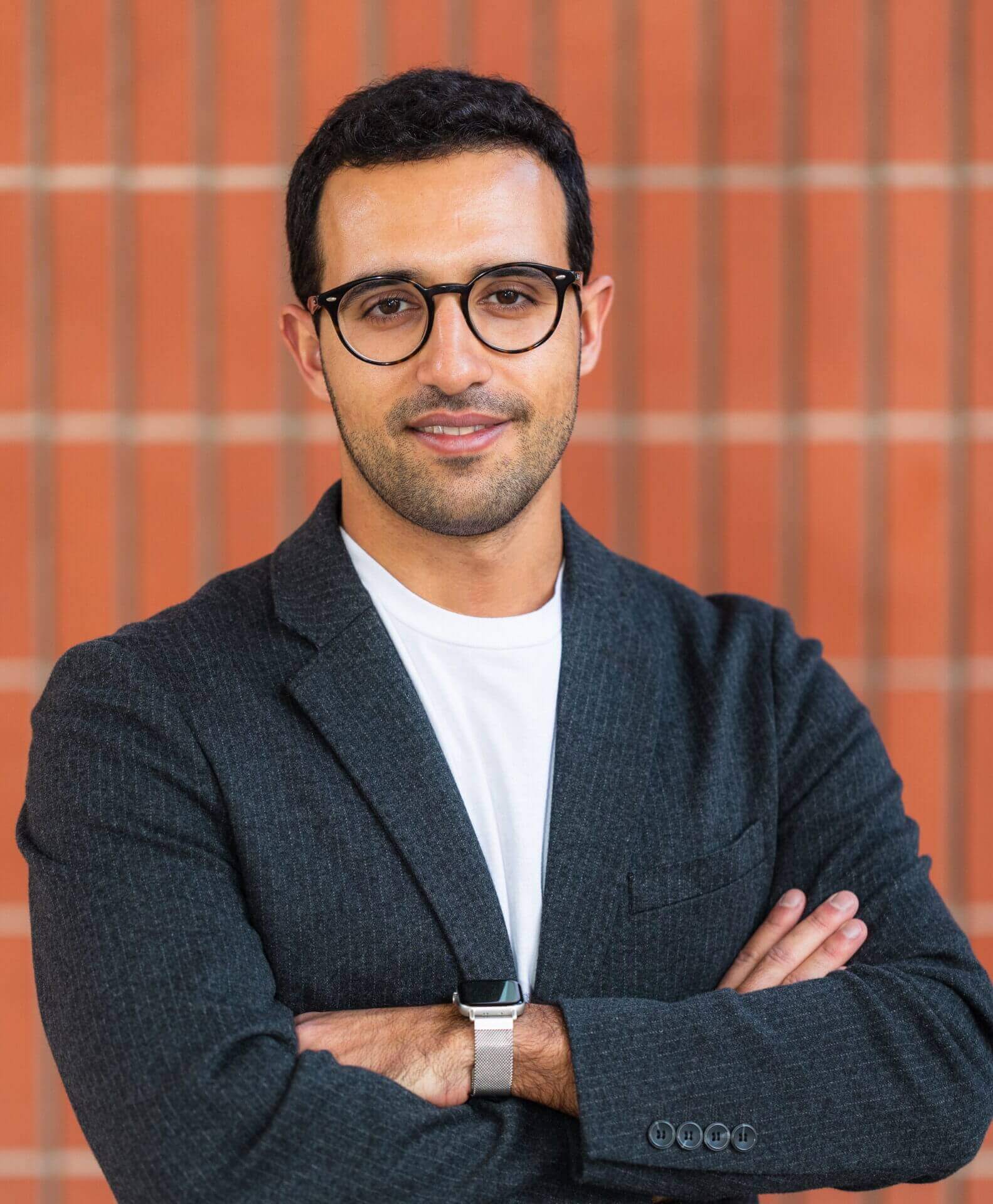
José Pedro Ferreira
PhD Student
Advisor: Prof. Joseph Wang
José Pedro Ferreira is a Fulbright and NASA FINESST fellow pursuing a doctoral degree in Astronautical Engineering at University of Southern California under the subject of space sustainability and environmental impact of space debris demise.
José holds a Master’s degree in Aerospace Engineering from Instituto Superior Técnico – University of Lisbon, has been trained in concurrent engineering by ESA and in nanosatellite technology by ISRO. José conducted graduate-level research at Delft University of Technology and at NASA Ames Research Center.
As an aerospace engineer, he served as the lead systems engineer for the INFANTE project that developed a SAR microsatellite, and as a guest lecturer at the Polytechnic Institute of Setubal where he also conducted research at its Center for Product Development and Technology Transfer.
Furthermore, José worked as the co-lead of the Commercial Space Project Group within the Space Generation Advisory Council, is an effective member of the Space Entrepreneurship and Investment Committee at the International Astronautical Federation, and served as a delegate in the 57th and 58th Scientific and Technical Subcommittees of the UN COPUOS.
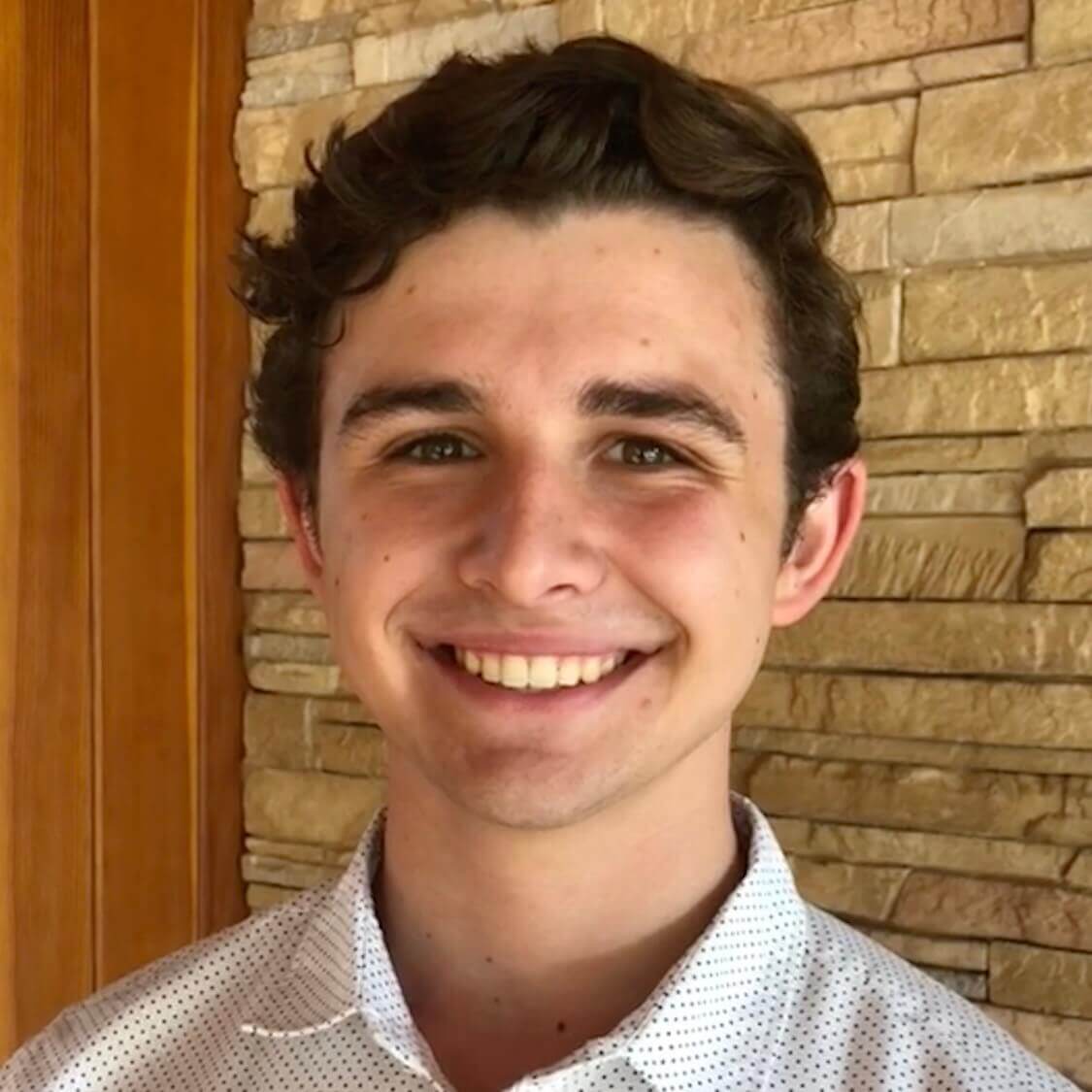
Kevin Sampson
PhD Student
Advisor: Prof. Joseph Wang
Kevin is a PhD student and has been with the research group since 2018 as an undergraduate. He completed both his bachelor’s and master’s degrees in Astronautical Engineering at USC in 2020. He is an ARCS Scholar and has published papers on electrospray time-of-flight spectroscopy and electric thruster simulations in Earth's magnetosphere. His current research includes novel methods for electrospray thruster development, multi-scale electrospray model simulations, and investigations into ion fragmentation. In addition to his research interests, he is an avid college football/basketball fan, amateur boulderer, and a crossword enthusiast.
Kevin’s research largely focuses on the development and improvement of electrospray thruster performance through nanofabrication techniques. The primary goals of this work are both to increase the packing density of electrospray emitter tips and to introduce a self-aligned electrode, ultimately enhancing both thruster performance and lifetime expectations. In concert with this project, his research includes the improvement of the lab’s existing electrospray thruster multi-scale model, development of diagnostic devices, and molecular dynamic investigations into ion fragmentation.
Previously, Kevin worked as USC’s Collaborative High Altitude Flow Facility (CHAFF), where he researched thrust stand calibration and development. He also interned for two years at The Aerospace Corporation’s Electric Propulsion and Plasma Science group, focusing on Xenon beam ion simulations from electric thrusters in Earth's magnetosphere and combustion in high-pressure, highly-oxidized environments. He is an ARCS Scholar and has published papers on electrospray time-of-flight spectroscopy and electric thruster simulations in Earth's magnetosphere.

Kristina Andreyeva
PhD Student
Advisor: Prof. David Barnhart
Kristina Andreyeva is an NSF GRFP Fellow pursuing her PhD in Astronautical Engineering at the Space Engineering Research Center (SERC) under Professor Barnhart. She received her B.S. in Mechanical Engineering in 2017 from Columbia University in New York, worked for a few years in aerospace and 3D printing startups in Singapore and in Boston, and went back to school to receive her M.S. in Astronautical Engineering from USC in 2022.
During her Master’s, she started working on multiple projects at SERC, some of which are continuing into the PhD. They include a starfish inspired soft robot actuated by shape memory alloy wires, an octopus inspired robot using gecko adhesive technology used for orbital debris removal, and an androgynous docking system that became USC’s first project to be launched to the International Space Station. For her PhD research, she intends to expand the capabilities of highly compliant underactuated robots that could be used for in-orbit servicing and develop novel locomotion methods robust enough to make them viable for extraterrestrial exploration.
Kristina comes from a multicultural family and is originally from Krasnodar, Russia, but considers California her home. In her free time, she enjoys backpacking, scuba diving, and competitive ballroom dancing. She’s also an enthusiast of artisan fabrication techniques, including stained glass and blacksmithing.
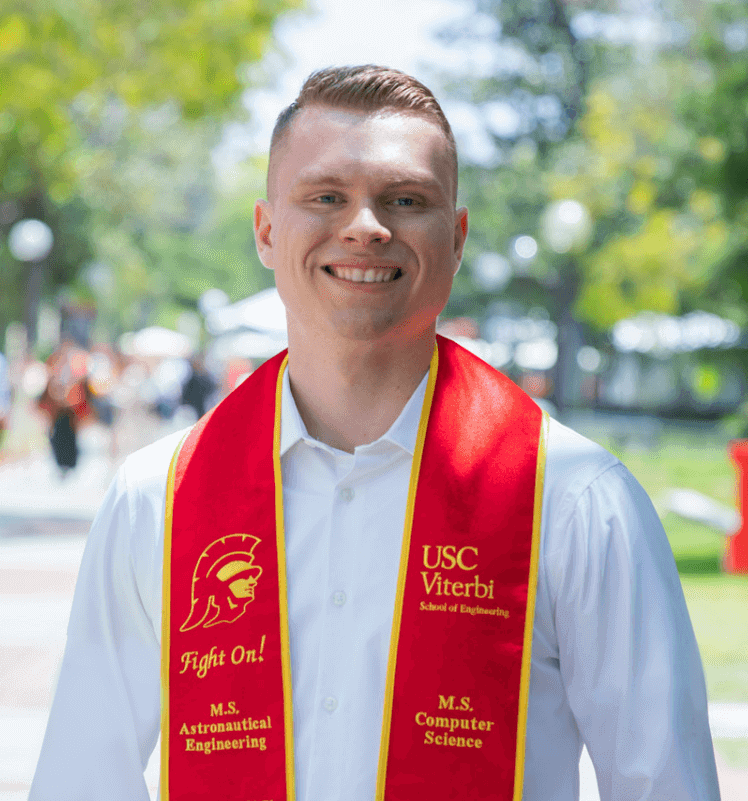
Jacob Meyer
PhD Student
Advisor: Prof. Joseph Wang
Jacob is a PhD Student in Astronautical Engineering who holds Master's in Astronautical Engineering and is also pursing his Master's of Computer Science - High Performance Computing. He also received his Bachelors of Science in Aerospace Engineering & Mechanics from the University of Minnesota - Twin Cities. Jacob was inspired to pursue a career in space from a young age after watching Star Trek for the first time, and his career goals include becoming both an Astronaut and a successful Entrepreneur. His brother, Nick, is a successful seven-figure entrepreneur in the finance space.
The objective of Jacob's research is to advance multi-physics modeling tools for AF-M315E in-space propulsion systems through a sequence of steps (1D transient, 3D transient), using results from a companion experimental effort for systematic validation at each step. The final tools will include chemistry, multi-phase fluid flow, gas flow, and porous flow through catalyst based monopropellant thrusters. These models will inform the thruster design optimization process for AF-M315E ("ASCENT"), which is a relatively new "green" fuel which is much less toxic compared to traditional monopropellants used in spacecraft thrusters.
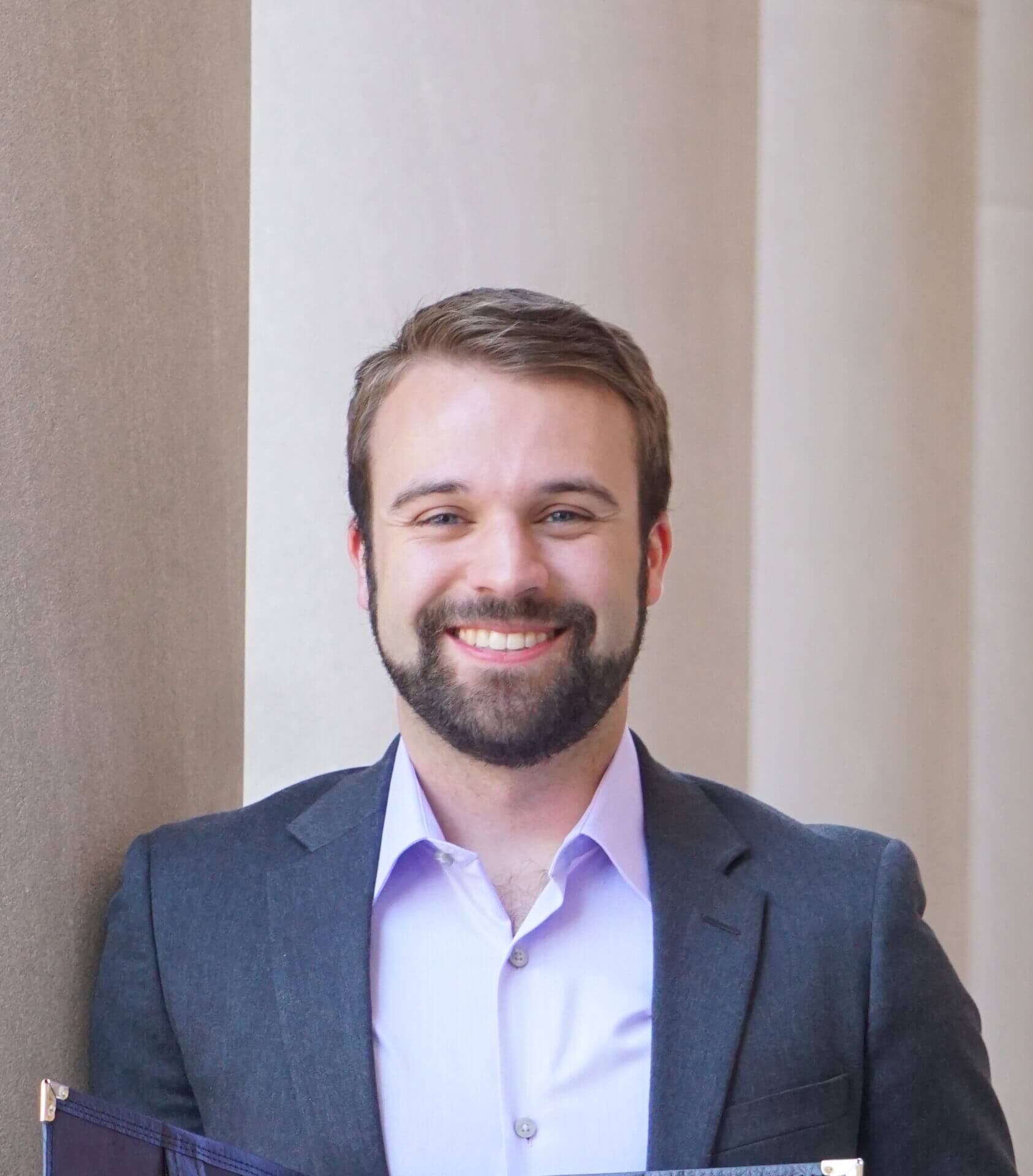
Jaxson Hill
PhD Student
Advisor: Prof. David Barnhart
Jaxson Hill is a Ph.D. student in the Astronautical Engineering department under the faculty advisement of David Barnhart, director of the Space Engineering Research Center (SERC). Jaxson completed his B.S. at Harvard University in 2023, earning his mechanical engineering degree with a minor in astrophysics. While at Harvard, he was involved with the student astronomy club, STAHR, helping to manage their historic 10” refractor telescope and Harvard’s first undergraduate CubeSat team experimenting with shape memory alloys. For his senior thesis capstone project, he worked alongside NASA Jet Propulsion Laboratory to design, build, and test a custom 3D-printed warm gas propulsion system for a theoretical interplanetary CubeSat mission accompanying Europa Clipper.
Currently a G1, Jaxson is still narrowing his research interests. He is passionate about advancing humanity’s exploration of our solar system and cosmos. Therefore he is interested in studying advanced spacecraft technologies to enable more complex research and observation of planetary bodies and deep space objects. Outside of his studies, Jaxson enjoys hiking and exploring National Parks, keeping up with the latest Nintendo games, and eating as much Tex-Mex food as he possibly can.
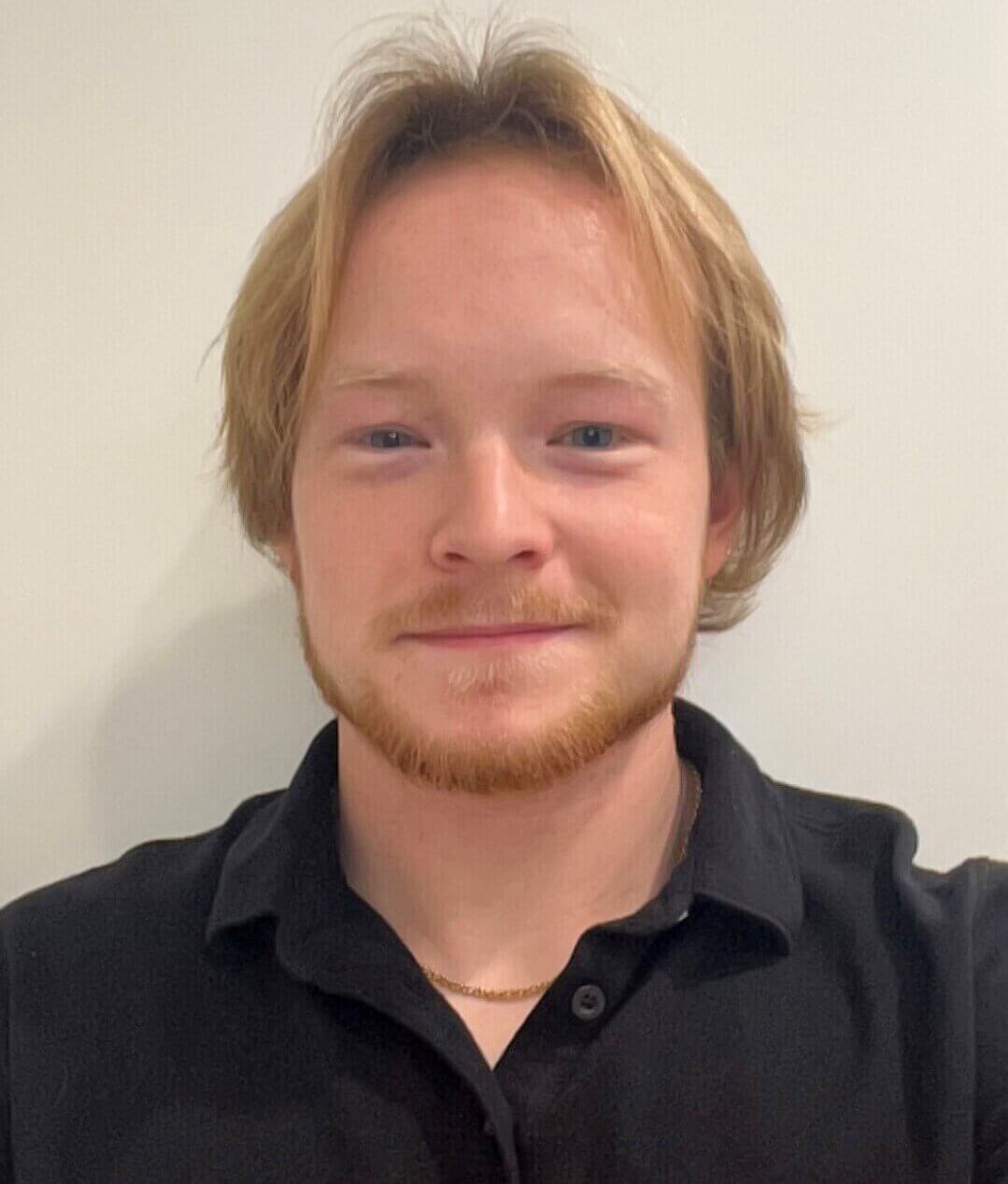
Shane Monney
PhD Student
Advisor: Prof. Joseph Wang
Shane is a PhD student in the Astronautical Engineering department, and is advised by Professor Joseph Wang. He completed his bachelor’s degree in Mechanical Engineering at UCLA in 2023. In his free time he loves to play and listen to music, read, and talk to his friends. Shane was a gymnast for fourteen years, a water polo player for a few, and is an avid gym goer. He has a twin brother also attending USC.
Shane is interested in the possibilities for colonies on other celestial bodies. This includes in-space construction, atmospheric filtering, or even small-scale propulsion for robots, among others.
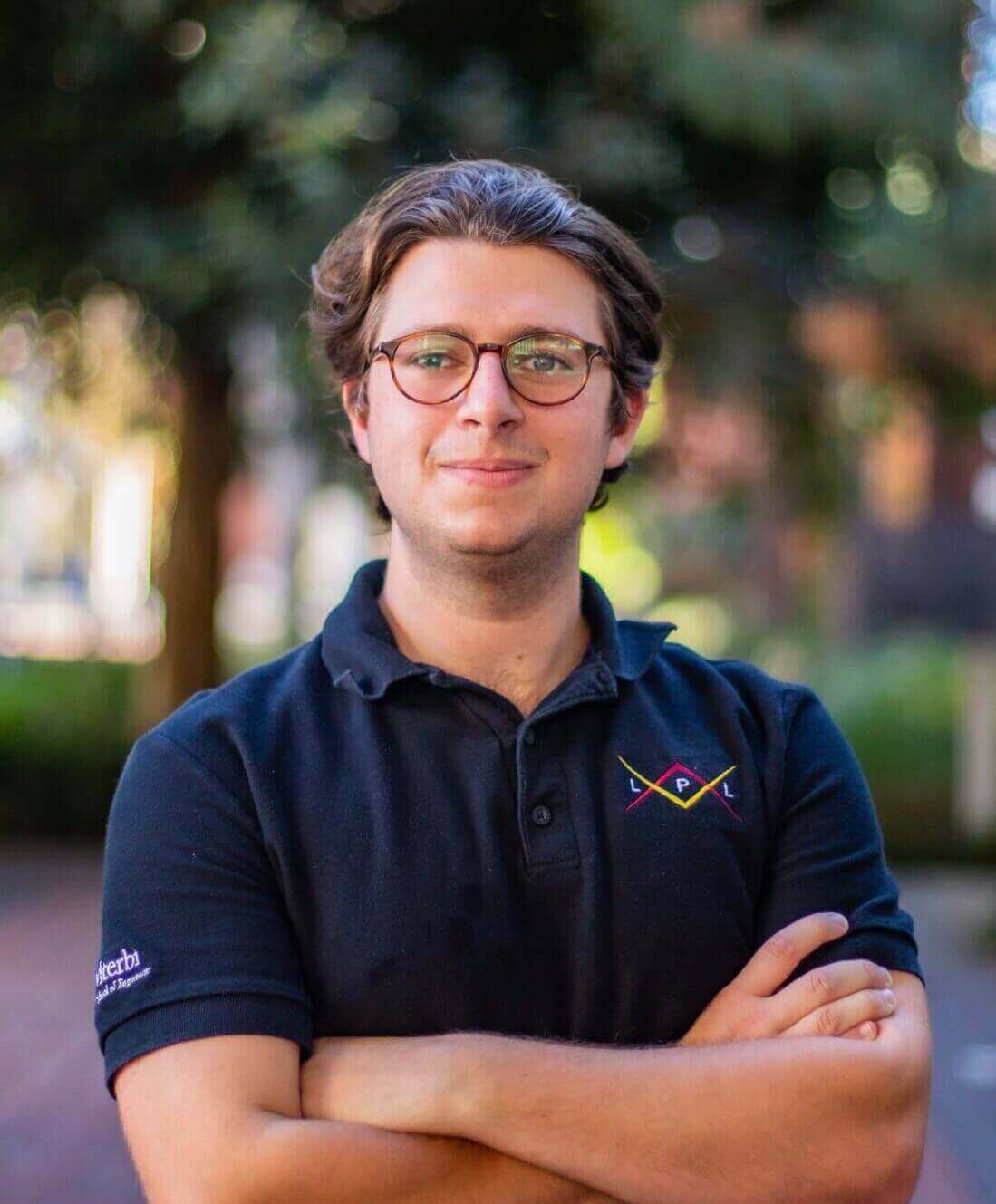
Tyler Presser
PhD Student
Advisor: Prof. Dan Erwin
Tyler has been passionate about spaceflight and space exploration since he was kid who would write letters to NASA astronauts, telling them he wanted to be just like them when he grew up. He received a joint B.S. and M.S. in Astronautical Engineering from the University of Southern California (USC) in 2021. While in his junior year he decided that he wanted to pursue research in mission design after leading his class in the design of a concept review for an asteroid sample return mission.
For his PhD in Astronautical Engineering, he is developing tools for the rapid design of spacecraft trajectories. The goal of this research is to enable scientific research teams to focus more of their mass and financial budgets on scientific research by utilizing highly efficient low-thrust propulsion systems and trajectories to reach their destinations.
Tyler also works with the Astrodynamics Team at Advanced Space LLC. There he works to design machine learning algorithms to enable automated spacecraft maneuvering and anomaly detection, as well as designing tools for onboard spacecraft generation of optimal low thrust transfers in Cislunar space.
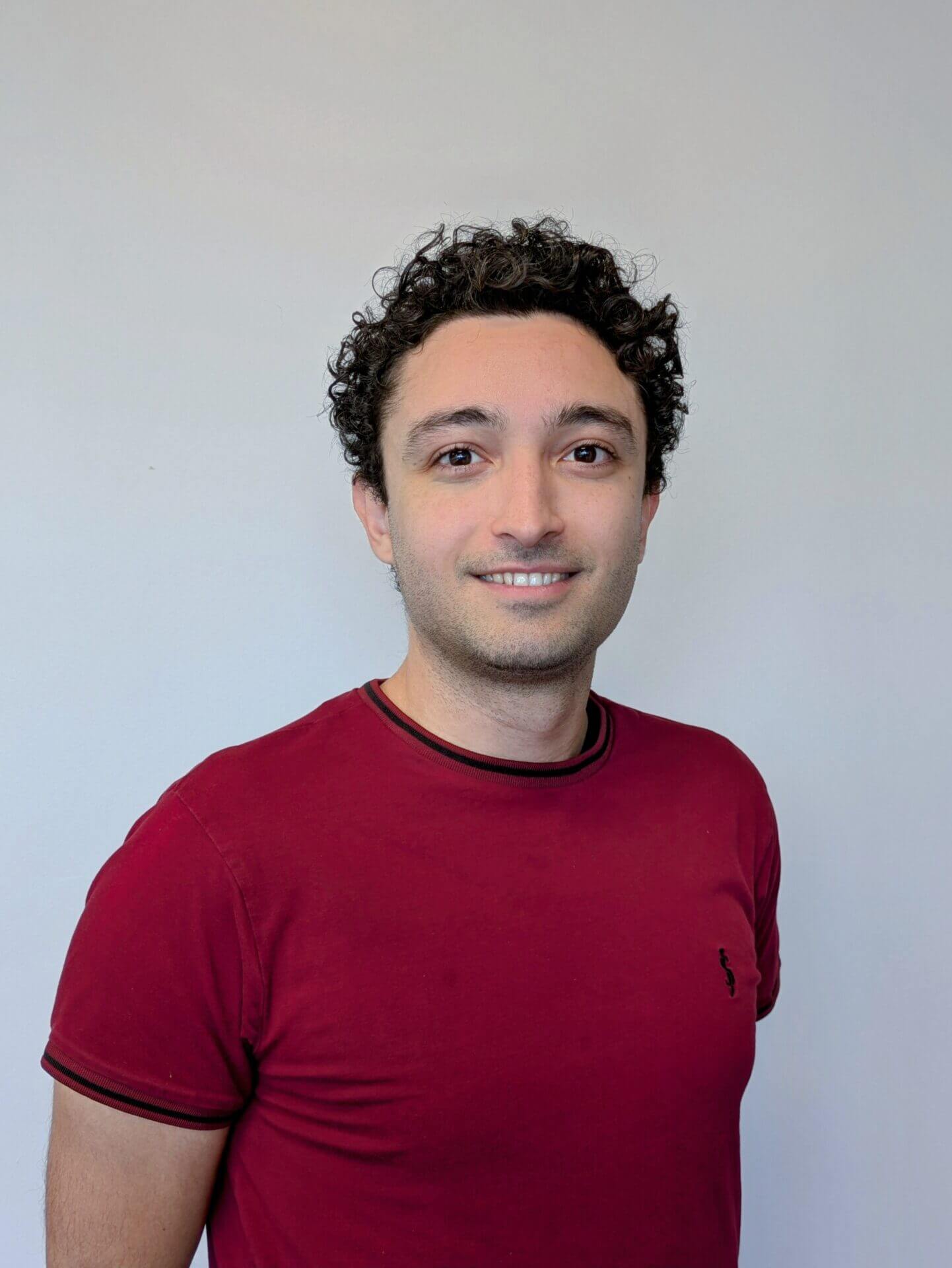
Ulubilge Ulusoy
PhD Candidate
Advisor: Prof. Garrett Reisman
Ulubilge Ulusoy is a Ph.D. candidate in the Astronautical Engineering department, advised by the former NASA astronaut Garrett Reisman. Ulubilge's research focuses on human autonomy teaming for maintenance operations of future deep space habitats, an initiative affiliated with NASA’s Habitats Optimized for Missions of Exploration (HOME), Space Technology Research Institute (STRI).
Born in Adana, Türkiye, Ulubilge graduated from Istanbul's Sehremini Anatolian High School, where he served as the school’s basketball team captain. He earned his B.S. in Astronautical Engineering from Istanbul Technical University in 2018. Throughout his undergraduate studies, he concentrated on the software optimization of orbital debris impact with conceptual design processes of artificial gravity space habitats. In 2017, he spent six months interning as design engineer at GE Aviation in Türkiye. Ulubilge then advanced to USC, where he completed his M.S. in Astronautical Engineering in 2020. During his master’s studies, he was a member of USC’s Liquid Propulsion Lab (LPL), a graduate student lab for developing and testing small-scale rocket engines. Ulubilge was one of the co-leads of the lab between 2019 to 2020, for slightly over a year.
Being Mediterranean, Ulubilge enjoys ‘real’ Mediterranean food. He also possesses a keen interest in the ancient history of the Mediterranean region. In his down time, Ulubilge likes to play basketball and watch soccer (or, as Europeans say - football) games of his favorite team Galatasaray.
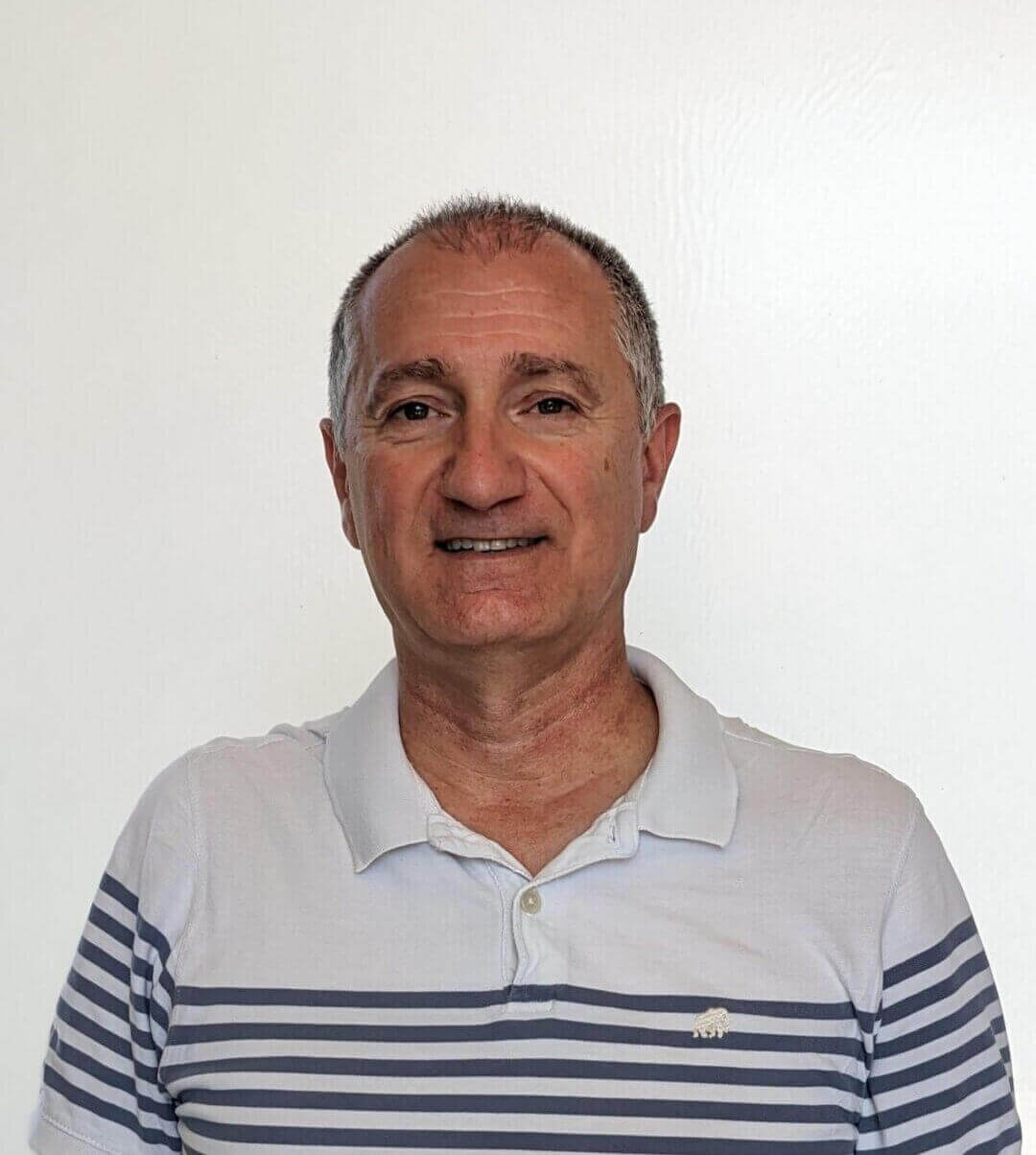
Velibor Cormarkovic
PhD Student
Advisors: Prof. Mike Gruntman & Prof. Joseph Wang
Velibor is a senior structural engineer and technologist at NASA Jet Propulsion Laboratory/California Institute of Technology.
Around 30 years of combined experience in aerospace (launch vehicles, spacecraft, payloads, instruments), automotive engineering (crashworthiness, impacts, occupant safety/injuries - biomechanics - and restraints) with international professional experience and education. Extensive experience in fast-pace start to finish flight projects, innovations, technologies development, and leading large structural engineering teams through start-to-finish multiple large scope projects.
An expert in state-of-the-art finite element analysis (FEA) software (implicit and explicit solvers) and testing for “analysis-guided design” and “first-time pass” engineering.
His experience is comprised of: Systems Engineering, Spacecraft System design, Spacecraft Space Environment interactions, Propulsion, Orbital Mechanics, Entry Descent and Landing for Planetary Exploration, cognizant engineering, proposals, cost estimates, applying new concepts to flight project applications, mentoring and developing younger engineers.
A senior member of AIAA Spacecraft Structures Technical committee, Technical Discipline Chair for AIAA SciTech, session chair, paper reviewer and NASA SBIR/STTR reviewer.
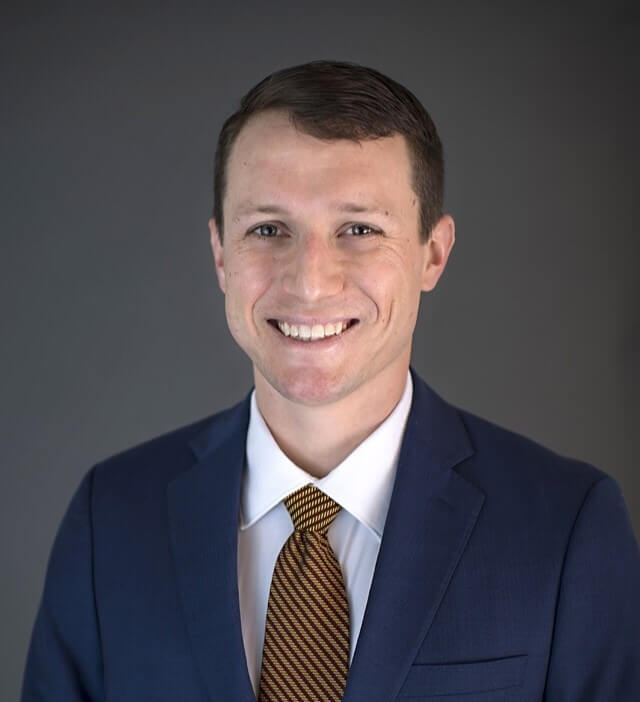
Jonathan Messer
PhD Student
Advisors: Prof. David Barnhart
Jonathan is a Ph.D. student in Astronautical Engineering at the University of Southern California, working under the advisement of Professor David Barnhart at the Space Engineering Research Center (SERC). He holds a B.S. in Aerospace Engineering from Boston University and multiple advanced degrees from USC, including an M.S. in Systems Architecting and Engineering and an M.S. in Astronautical Engineering.
Originally from Fayetteville, North Carolina, Jonathan served as a Naval Aviator in the U.S. Navy for 11 years, flying over 2,000 hours in the P-3C Orion and T-6B Texan II. He currently works part-time as a systems engineer at Northrop Grumman. His research focuses on using digital micromirror devices (DMDs)—a technology common in video projectors—for spacecraft attitude control via solar radiation pressure, with the goal of extending the mission life of geosynchronous and interplanetary satellites.

